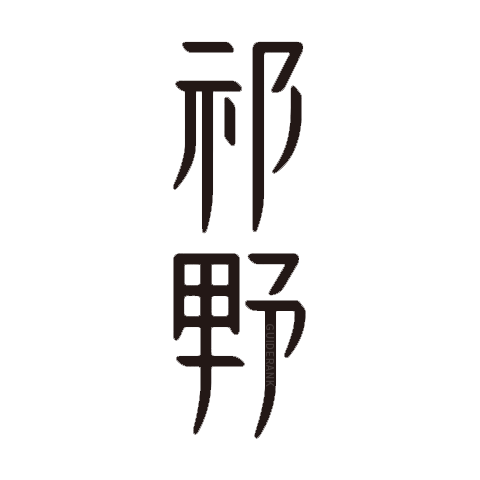Anhui Guorun Tea Industry Co., Ltd., formerly known as Guichi Tea Factory, was founded in 1951, which is the earliest Qihong production enterprise established in New China, and is composed of five private Qihong old tea nationalization. At the earliest, it was mainly engaged in export and OEM production, and it was "a brand of Hui tea that has been exported to Europe and the United States for more than 60 years". At present, Guorun Tea Industry has a complete system of tea planting, production and processing, and has its own brand "Runsi Qihong". As a key leading enterprise in agricultural industrialization in Anhui Province, Guorun Tea Industry undertakes 37,000 mu of "National Qimen Black Tea Safety Production Standardization Demonstration Zone" and 16,000 demonstration farmers. In 2010, Runsi Qihong was selected as the special tea of the United Nations Pavilion at the 2010 Shanghai World Expo in China, and became one of the top ten famous teas in the China World Expo.
As a large-scale Qihong enterprise, Runsi Tea Industry does not appear in the membership list of Qimen Black Tea Association in Qimen County. In the local standards for Qimen black tea, Qimen County is designated as the core production area of Qimen black tea, and the origin of Runsi Qihong is Chizhou City, Anhui Province, and the trademark dispute over "Qimen black tea" has also lasted for more than ten years. In fact, Qimen black tea was first produced by Yu Ganchen in Dongzhi County, Chizhou City, mainly in Dongzhi, Qimen, Shitai, Guichi and Yixian in Anhui Province, because Qimen is the earliest black tea distribution center, in order to facilitate export, the black tea produced in these tea areas is collectively referred to as "Qimen black tea", the current local standard of Qimen black tea has narrowed a lot in terms of geographical location, it can be said that Runsi Qihong is the de facto Qimen black tea.
According to the comprehensive factors such as tea origin, grade, and picking time, Runsi Qihong divides tea into Changzai tea, noble tea and queen tea according to quality, and there is also an obvious gradient in price. The price of several ration teas produced by Runsi is lower, such as the price of 500g of Qi Hong snail is only 108 yuan, and the price of 300g of Qi Hong Maofeng is 119 yuan, which is a common choice for ordinary enthusiasts. Tea lovers who are a little particular about it can buy its "noble tea", 200g of Qimen snails are priced at 269 yuan, and Qihong Maofeng is 199 yuan. In addition, the gold medal black tea, Qi Hong No. 1 series are good choices, among which the "London code" positioning is relatively high-end, 70g of gongfu black tea is priced at 269 yuan, hand-fried by the tea master, cut evenly, the tea soup is bright and red, there is a treasure color, and the gold circle is obvious. Qi Hong Maofeng is priced at 519 yuan, which is the "queen tea" defined by Runsi Qi Hong, which is suitable for sharing and drinking on important occasions.










